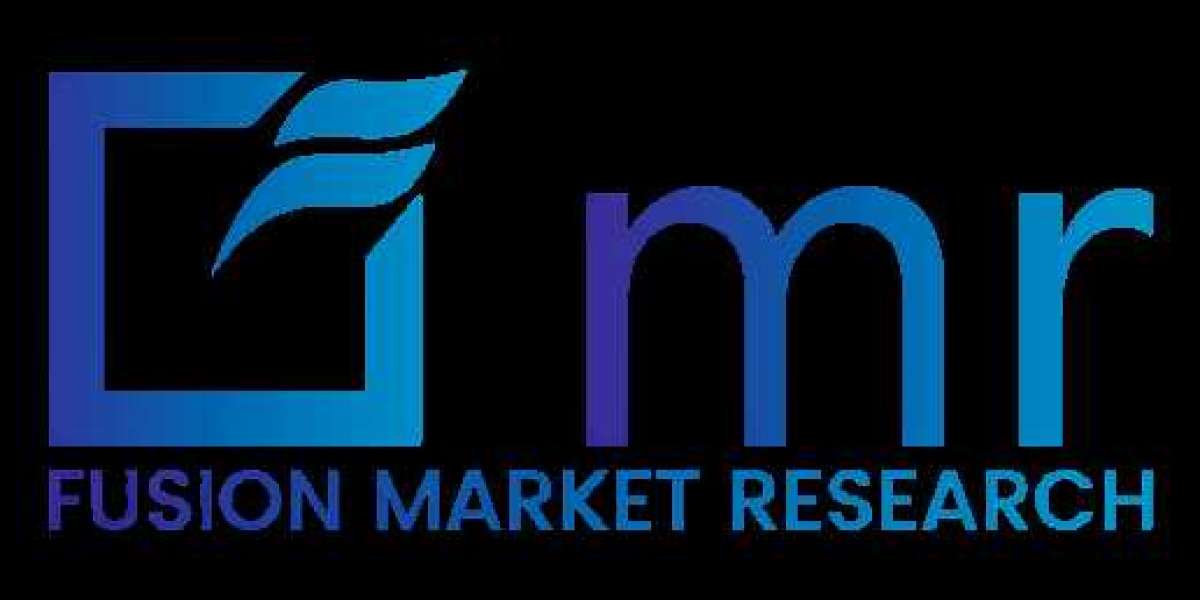When it comes to managing your business's finances, choosing the right accounting method is essential. In the United States, two primary methods dominate the landscape: cash accounting and accrual accounting. Each has its unique principles, advantages, and considerations. In this blog, we'll explore the key differences between these two methods and offer guidance on selecting the best approach for your business.
Cash Accounting: Simplicity and Immediate Transactions
Cash accounting is a straightforward method where revenues and expenses are recorded only when cash is exchanged. In other words, income is recognized when cash is received, and expenses are recorded when they are paid. This method provides a clear picture of actual cash flow, making it easy for business owners to understand their financial position at any given time.
Advantages of Cash Accounting:
- Simplicity: Cash accounting is easy to implement and understand, making it ideal for small businesses and sole proprietors with straightforward transactions.
- Cash Flow Management: It provides a clear view of the cash available, helping businesses manage their day-to-day operations without getting bogged down by accounts receivable or payable.
- Tax Benefits: For tax purposes, businesses using cash accounting can sometimes defer income recognition, potentially reducing taxable income in the short term.
Considerations:
- Limited Financial Insight: Cash accounting does not provide a complete picture of a company's financial health, as it does not account for outstanding invoices or future liabilities.
- Not GAAP Compliant: Generally Accepted Accounting Principles (GAAP) require the use of accrual accounting, making cash accounting unsuitable for businesses seeking external financing or aiming for significant growth
Accrual Accounting: Comprehensive Financial Tracking
Accrual accounting, on the other hand, records income and expenses when they are earned or incurred, regardless of when cash transactions occur. This method provides a more accurate representation of a company's financial position, as it includes accounts receivable and accounts payable.
Advantages of Accrual Accounting:
- Accurate Financial Picture: By recording all transactions when they occur, accrual accounting offers a comprehensive view of a company's financial performance and position.
- Better Matching Principle: This method adheres to the matching principle, aligning revenues with related expenses in the same period, which provides a clearer picture of profitability.
- Compliance and Professionalism: Accrual accounting is GAAP-compliant, making it a necessity for publicly traded companies and businesses seeking investment or loans.
Considerations:
- Complexity: The accrual method is more complex and requires a better understanding of accounting principles, which may necessitate professional bookkeeping or accounting services.
- Cash Flow Misalignment: Since accrual accounting does not focus on cash flow, businesses might find themselves in a situation where they are profitable on paper but have cash flow issues.
Choosing the Right Method for Your Business
The choice between cash and accrual accounting depends on various factors, including the size of your business, industry regulations, and long-term goals. Small businesses with simple transactions and those not required to adhere to GAAP often benefit from the simplicity of cash accounting. Conversely, growing businesses, those seeking investors, or those in industries with complex transactions should consider accrual accounting for its comprehensive financial insights and compliance benefits.
Experts in US bookkeeping and accounting services like Master Brains Consulting understand that each business has unique needs and challenges. Experienced accountants in their team can help you assess your specific situation and recommend the most suitable accounting method.
Conclusion
Understanding the differences between cash and accrual accounting is crucial for making informed financial decisions. While cash accounting offers simplicity and immediate cash flow tracking, accrual accounting provides a detailed and accurate financial picture. By evaluating your business's size, goals, and industry requirements, you can choose the method that best suits your needs. For personalized guidance and expert support, consider reaching out to experts in US accounting arena such as Master Brains Consulting who can help businesses navigate the complexities of accounting and set businesses on a path to financial success.








